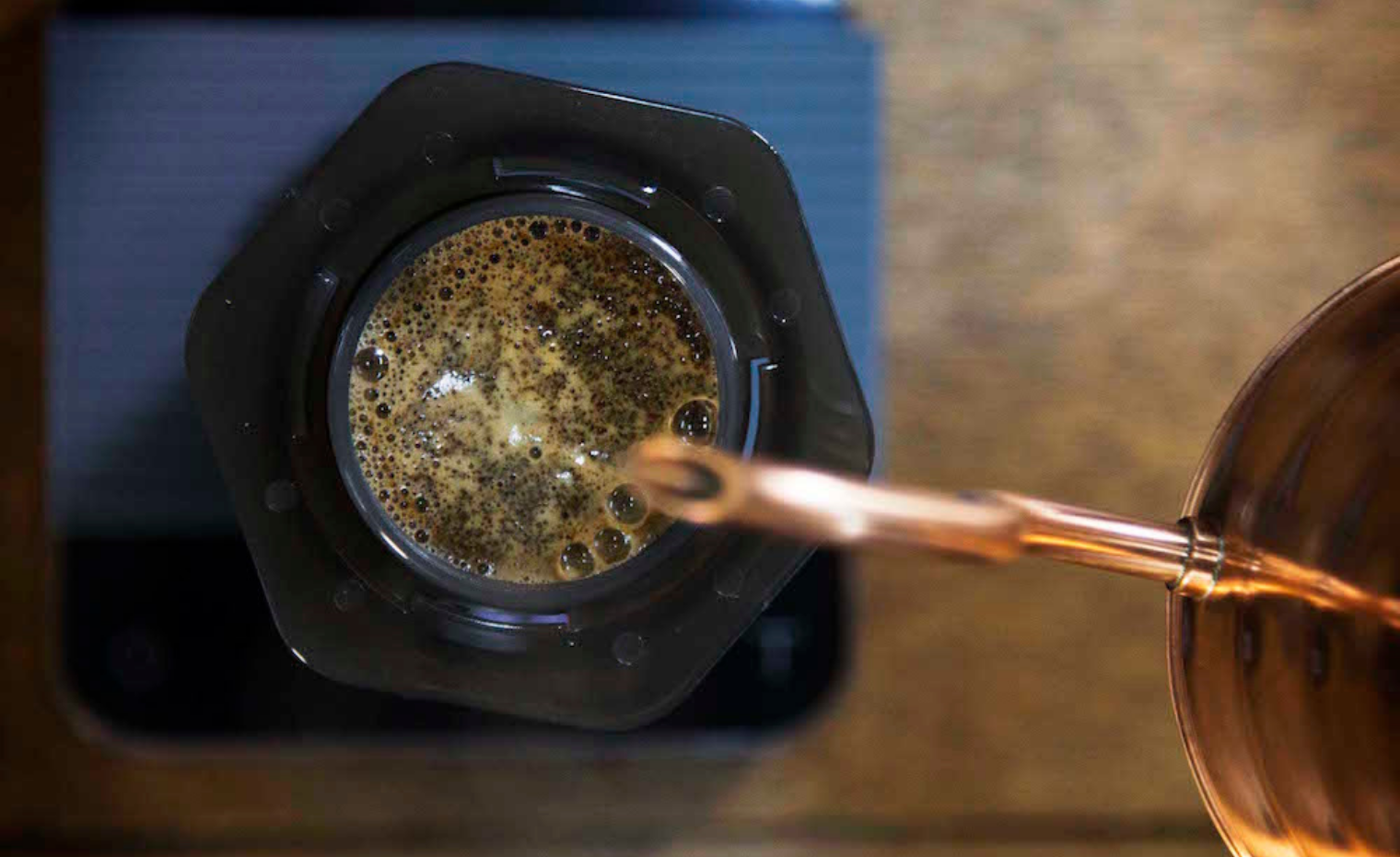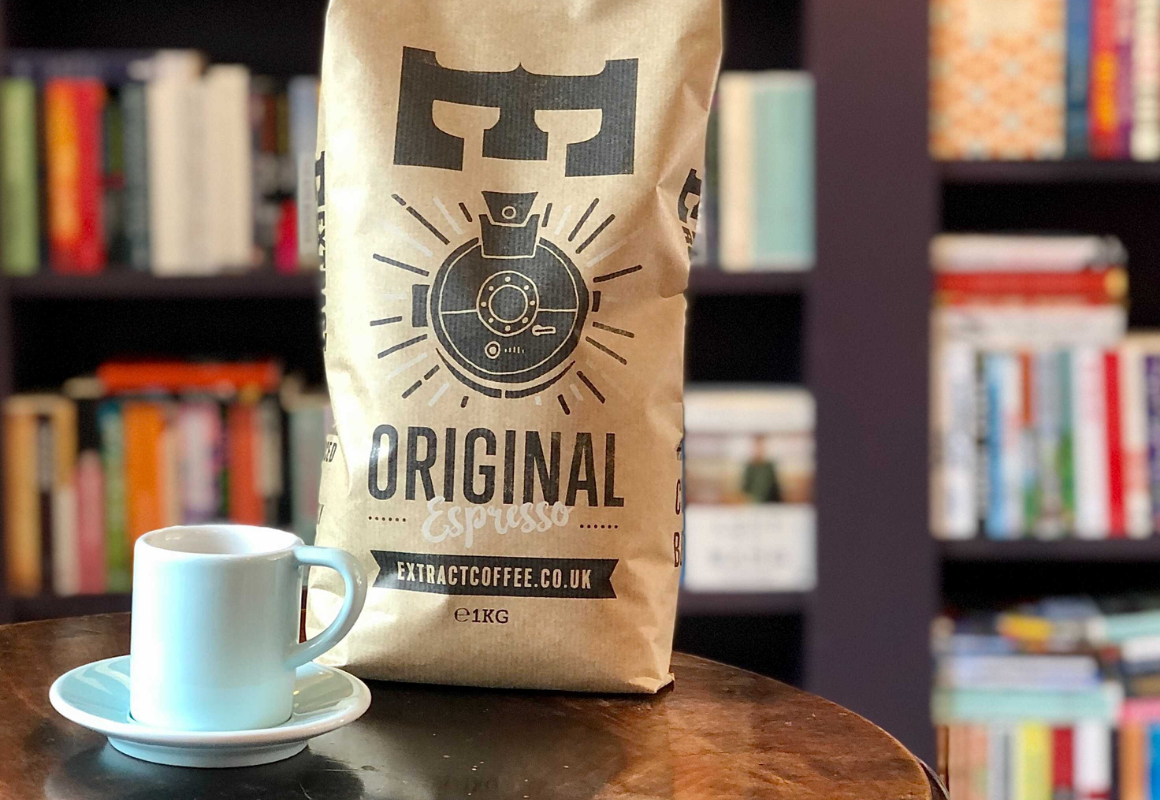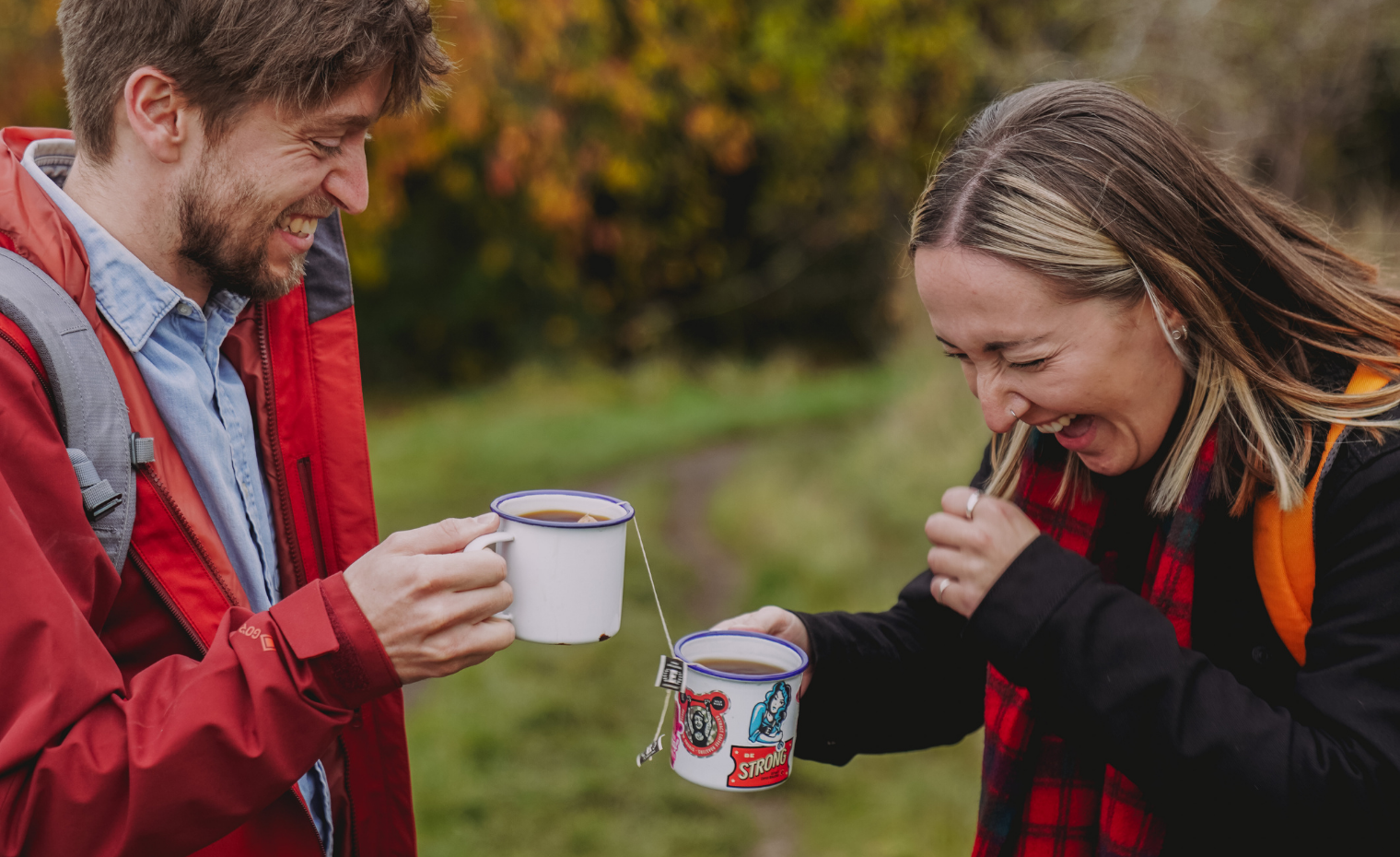
10 proven health benefits of drinking coffee
We love a coffee (obvs) but is it actually any good for us? Well, the health benefits of coffee have been in the news again. A recent article in The Guardian said that coffee drinkers may be at lower risk of an early death.
Endlessly curious, at Extract we love learning more about the science behind the beans and were stoked when coffee enthusiast, journalist and long time friend of Extract Coffee Roasters, Jerry Short, took a deep dive into the research behind the health benefits of your daily brew in this epic guest blog.
It’s a long one so brew up a cup of your favourite coffee and enjoy.
Coffee is a big part of our lives and a delicious alternative to us hating each other every morning. As well as percolating its way into our hearts, coffee has ground its way into the heart of our homes, too. How many drinks can you think of that have an item of furniture named after them? The coffee table was first mentioned in 1938 but has been a must-have item of furniture since the 1950s
Nutritional scientists have found that drinking coffee regularly can have powerful medical benefits. There are research papers that suggest drinking a lot of coffee can lead to an extended lifespan.
The French philosopher, Voltaire, drank up to 50 cups of coffee a day and died aged 83, which was a remarkable feat in the 1700s when life expectancy was just 37 years.
I haven’t listed longevity as one of the ten benefits in this article as the jury is still out on that one, but to learn about coffee’s health benefits, choose a comfy chair next to your coffee table, builders’ tea table, or perhaps you’ve bought an oat-milk table in the hope that it may catch on.
Sit down and relax whilst I take you on a quick journey that looks into the health-giving properties that coffee can offer. (And for this article, you can relax your cynical genes as I am only using clinically proven data.)
The primary reason that most of us consume coffee is that as well as having a great taste, it contains the stimulant, caffeine, which is the most consumed psychoactive substance in the world.
We crave it. That’s what the yearn for coffee in the morning is all about. It’s your body’s way of telling you to feed your caffeine addiction as soon as possible. With that in mind, it is comforting to know what else it is doing for us, apart from quenching our addiction.
Coffee has high levels of antioxidants
Surprisingly, coffee provides high levels of antioxidants which help fight free radicals. That term may sound like a bearded, bohemian freedom-fighter, but free radicals are the bad guys.
They are unstable atoms that can damage our cells, causing cancers, and speeding up our ageing process. Recent research in Norway and Finland found that around 64% of all the antioxidants in our diet comes not from fruit & veg, but from coffee. In the States, Professor Joe A. Vinson, at the University of Scranton, analysed the antioxidant content of more than 100 different food & drink items.
He found that the average American consumed 1,299 milligrams of antioxidants daily from their coffee, surprising really, considering how awful most American coffee is. This is followed by tea at 294 milligrams bananas, at 76 milligrams and scraping in last with a pulled muscle, corn at 48 milligrams.
Coffee reduces our chances of type 2 diabetes
There are now 15 different studies that show this. Frank Hu, an epidemiology professor at Harvard, has viewed studies that tracked 200,000 people who drank at least six cups of coffee a day. He found that these people were 35% less likely to develop type 2 diabetes than those people who drank less coffee. The results were the same, regardless of a drinker’s country, weight, or gender.
Studies observed that people who drink the most coffee have up to a 50% lower risk of getting this condition. One study showed a reduction as high as 67%.

Coffee can make ibuprofen more effective
If you are in pain, coffee taken in combination with ibuprofen, is more effective.
Using a painkiller with caffeine reduces levels of discomfort. Research has shown that taking 200mg of ibuprofen with 100mg of caffeine is the most efficient way of dealing with pain. If you suffer from migraines, it may help to swig the ibuprofen down with an espresso or two.
Coffee improves energy levels and memory recall
After we drink coffee, the caffeine is absorbed into our blood and travels to our brains where caffeine blocks the inhibitory neurotransmitter adenosine. This increases other neurotransmitters such as dopamine which are associated with well-being.
Many studies show that coffee consumption improves memory recall, mood, reaction times and our energy levels.

Coffee can help break down body fats
Caffeine is found in almost every commercial fat-burning supplement — and for good reason. It’s one of the few natural substances proven to aid fat burning.
Studies show that caffeine can boost our metabolic rates by 3–11% and specifically increase fat burning by as much as 10% in obese individuals and 29% in thinner people.
Coffee is rich in nutrients
Coffee has a lot of nutrients. A single cup contains:
- Riboflavin (vitamin B2): 11% of the Reference Daily Intake (RDI).
- Pantothenic acid (vitamin B5): 6% of the RDI.
- Manganese and potassium: 3% of the RDI.
- Magnesium and niacin (vitamin B3): 2% of the RDI.
Though this may not seem like a big deal, most people enjoy numerous cups a day, so these amounts can quickly add up, helping our nutritional health.

Coffee can improve physical performance
Caffeine stimulates our nervous system, signalling fat cells to break down body fat. Runners in an experiment were able to cover up to 2 miles more than a placebo group.
In a 1,500-metre run, regular coffee drinkers were 4.2 seconds faster than those drinking decaf. In a study of cyclists, caffeine was shown to be better than carbs or water, increasing workload by 7.4%, compared to 5.2% in the carb group.
Caffeine can improve our physical performance by 12% on average, so it makes sense to have a cup of coffee before heading to the gym.
Caffeine increases our adrenaline levels in our blood which is a fight-or-flight hormone, which prepares our body for intense physical exertion. The resulting breakdown of body fats makes free fatty acids available as a fuel.
Coffee lowers the risk of liver and bowel cancers
Coffee appears to protect against two types of cancer: liver and colorectal or bowel cancer. Globally, liver cancer kills around 700,000 people a year, while colorectal cancer kills 500,000.
Research shows that coffee drinkers have up to a 40% lower risk of liver cancer and a separate study of close to half a million people, showed that drinkers of 4-5 coffees a day reduced their risk of bowel cancer by around 15%.

<interestingly, coffee="" may="" protect="" against="" cirrhosis="" of="" the="" liver,="" too="" —="" people="" who="" drink="" 4="" or="" more="" cups="" per="" day="" have="" up="" to="" an="" 80%="" lower="" risk.="" p=""></interestingly,>
Coffee lowers the risk of dementia
Dementia is a neurodegenerative condition. The most common type is Alzheimer’s and like all dementias, it is a fatal disease and there is no known cure. It is the UK’s leading cause of death for anyone over the age of 80, but there are a number of things you can do to reduce your chances of getting it, such as eating fewer processed foods, exercising and drinking coffee.
Studies show that coffee drinkers have up to a 65% lower risk of Alzheimer's disease.
Coffee may lower the risk of Parkinson’s disease
Coffee consumption may lower our risk of developing Parkinson's disease which is caused by the loss of neurons in the brain that generate dopamine. Studies have shown that coffee drinkers have a far lower risk of Parkinson's, with a risk reduction of between 32 and 60%.
One final bonus fact to end on a high…

Coffee can make you feel happier!
Coffee is known to help diminish depression, and make you feel happier.
Around one in 6 people in the UK will experience clinical depression at some point and in a Harvard study, women who drank 4 or more cups of coffee per day had a 20% lower risk of becoming depressed.
Intriguingly it makes no reference to men, who possibly never talk about feelings and just bottle it all up until they burst into tears, sobbing on a best mate’s shoulder in a pub garden somewhere.
All things considered, coffee may be one of the healthiest drinks on the planet. Now what was I going to do next? Christ, I can’t remember, have I got dementia? Oh, yes, remembered. I’m meeting a friend for coffee.
Massive thanks to Jerry for the time, effort (and coffee!) that went into creating this article for us. If you’d like to dive even deeper into the research all of the links to the original sources are listed below.
More research into the health benefits of coffee
The Guardian: Coffee drinkers may be at lower risk of early death, study suggests https://www.theguardian.com/food/2022/may/30/coff...
Fact 1 https://www.ncbi.nlm.nih.gov/pubmed/14988447
https://www.ncbi.nlm.nih.gov/pubmed/14506489
https://www.sciencedirect.com/science/article/abs...
Fact 2 https://www.ncbi.nlm.nih.gov/pubmed/15998896
https://www.sciencedirect.com/science/article/pii...
https://www.ncbi.nlm.nih.gov/pubmed/18842784
Fact 3 https://www.ncbi.nlm.nih.gov/pubmed/11014413
Fact 4 https://www.ncbi.nlm.nih.gov/pubmed/11014413
https://onlinelibrary.wiley.com/doi/abs/10.1111/j...
https://www.ncbi.nlm.nih.gov/pubmed/1356551
https://onlinelibrary.wiley.com/doi/full/10.1111/...
Fact 5 https://www.ncbi.nlm.nih.gov/pubmed/14684395
https://www.ncbi.nlm.nih.gov/pubmed/10094584
Fact 6 https://nutritiondata.self.com/facts/beverages/38...
Fact 7 https://www.ncbi.nlm.nih.gov/pubmed/15657469/
https://onlinelibrary.wiley.com/doi/abs/10.1111/j...
Fact 8 https://www.sciencedirect.com/science/article/abs...
https://onlinelibrary.wiley.com/doi/full/10.1002/...
https://www.ncbi.nlm.nih.gov/pubmed/22695871
Fact 9 https://onlinelibrary.wiley.com/doi/full/10.1046/...
https://www.ncbi.nlm.nih.gov/pubmed/20182026
Fact 10 https://onlinelibrary.wiley.com/doi/abs/10.1002/m...
